Importance of GPS in Marine Communication
In the vast expanse of the open sea, where precision and reliability are paramount, the integration of Global Positioning System (GPS) technology into marine radio systems has revolutionized communication and navigation for seafarers. In this article, we delve into the multifaceted advantages of GPS integration, ranging from enhanced navigation to improved safety features, efficiency gains, communication enhancements, and positive environmental impacts.
Enhanced Navigation: Improving Accuracy and Reliability
The cornerstone of effective maritime communication lies in precise navigation. GPS integration in marine radio systems offers unparalleled accuracy in determining a vessel’s position, ensuring that captains and navigators can plot their course with confidence. Unlike traditional navigation methods that rely on charts and celestial navigation, GPS provides real-time information, significantly reducing the margin of error. This enhanced accuracy not only improves overall navigation but also aids in avoiding obstacles, optimizing routes, and ensuring vessels stay on course even in adverse weather conditions.
Safety Features: Emergency Response Capabilities
In emergency situations at sea, time is often the critical factor between a successful response and a potential disaster. GPS integration equips marine radio systems with emergency response capabilities that can be a game-changer in distress situations. When a distress call is transmitted over the radio, the embedded GPS coordinates are automatically included, allowing swift and precise identification of the distressed vessel’s location. This feature streamlines search and rescue operations, ensuring that help arrives at the right place in the shortest possible time.
Efficiency and Cost Savings: Optimal Route Planning
Efficiency in maritime operations is not just about speed but also about the optimal use of resources. GPS integration enables vessels to plan routes with precision, taking into account factors such as current weather conditions, sea currents, and traffic patterns. By selecting the most efficient routes, vessels can reduce fuel consumption, cut down on travel time, and ultimately realize substantial cost savings. This level of route optimization goes beyond traditional navigation methods, showcasing the economic benefits of GPS integration in marine radio systems.
Communication Enhancement: Real-Time Updates and Coordination
In the dynamic environment of the open sea, effective communication is key to safe and coordinated operations. GPS integration enhances communication by providing real-time updates on the positions of multiple vessels. Captains and crews can share their precise locations, intentions, and status, fostering a collaborative and informed approach to navigation. This level of real-time coordination reduces the risk of collisions, streamlines traffic in busy maritime areas, and enhances overall situational awareness for all vessels involved.
Environmental Impact: Reduced Fuel Consumption
Beyond the operational advantages, GPS integration in marine radio systems contributes to a more sustainable maritime industry. By enabling optimal route planning, vessels can minimize fuel consumption and, consequently, reduce their carbon footprint. The environmental impact of reduced fuel consumption is significant, aligning with global efforts to promote eco-friendly practices in all industries, including maritime. GPS-equipped marine radio systems play a role in fostering a more environmentally conscious approach to navigation and vessel management.
Advantages of Integrating GPS in Marine Radios
In the ever-evolving landscape of maritime technology, the integration of GPS into marine radio systems stands as a transformative development. From enhanced navigation and safety features to efficiency gains, communication enhancements, and positive environmental impacts, the benefits are far-reaching. Vessels equipped with GPS-integrated marine radio systems not only navigate with unprecedented accuracy but also contribute to safer, more efficient, and environmentally conscious maritime practices. As the maritime industry continues to embrace technological advancements, the integration of GPS in marine radio systems remains a beacon of progress, ensuring that vessels traverse the seas with precision, safety, and environmental responsibility.

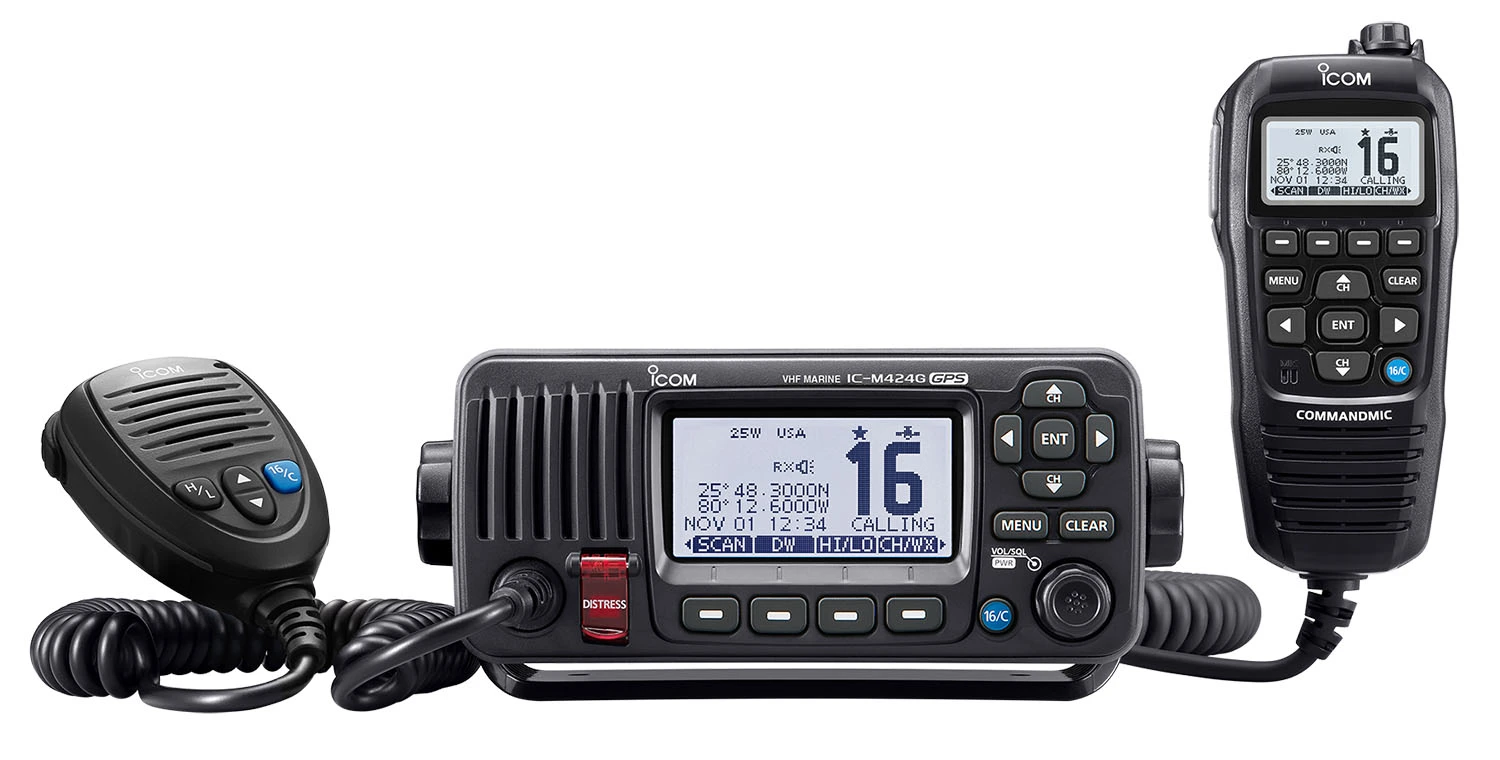
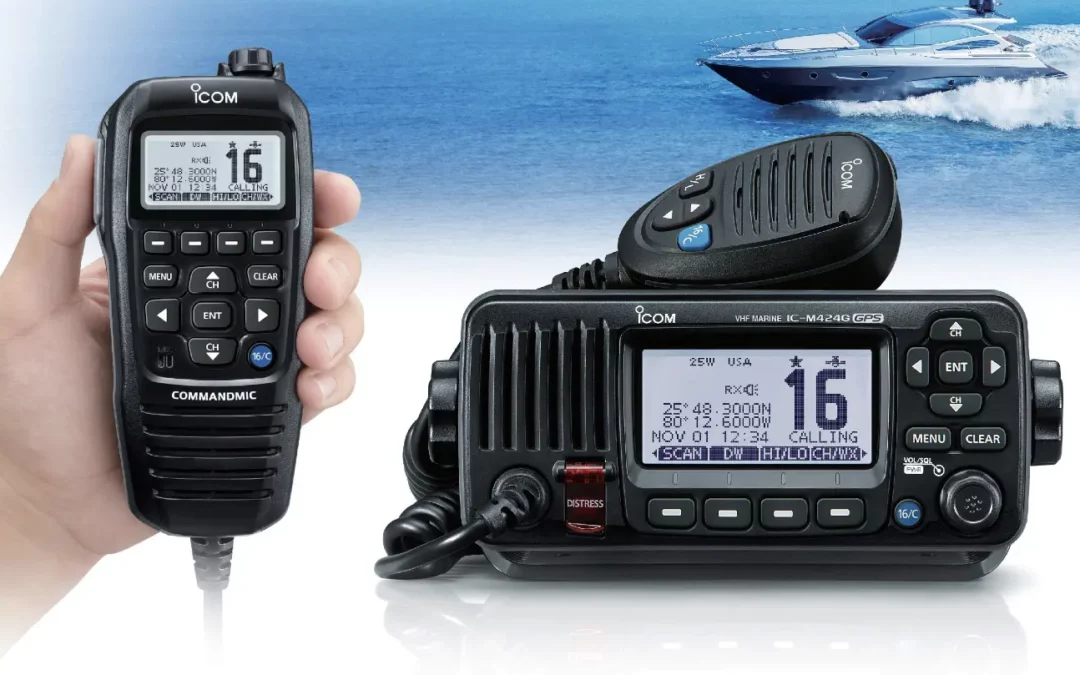
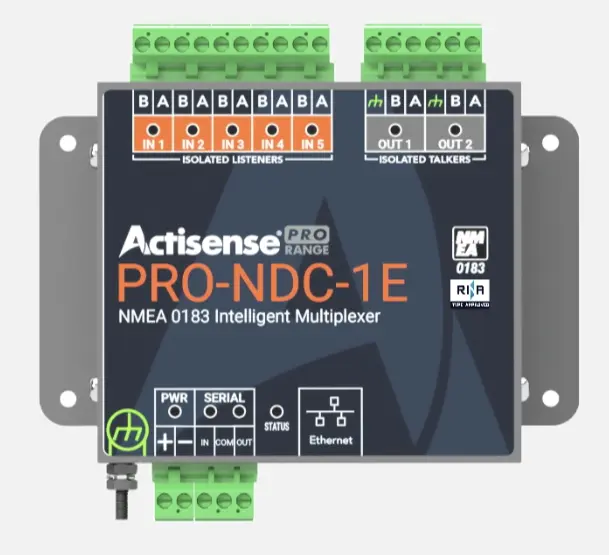
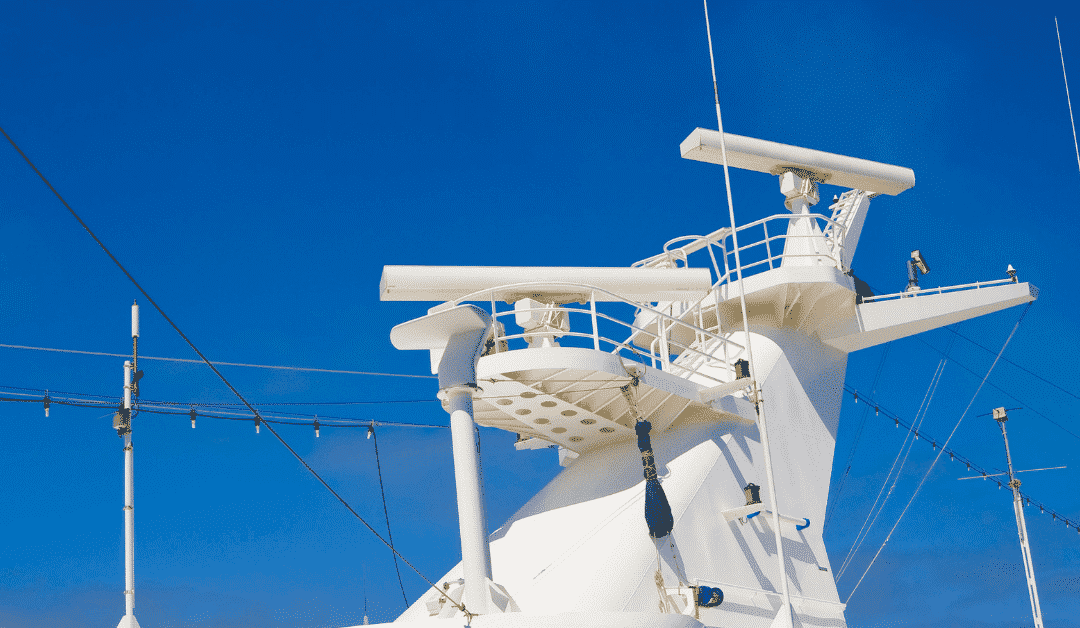
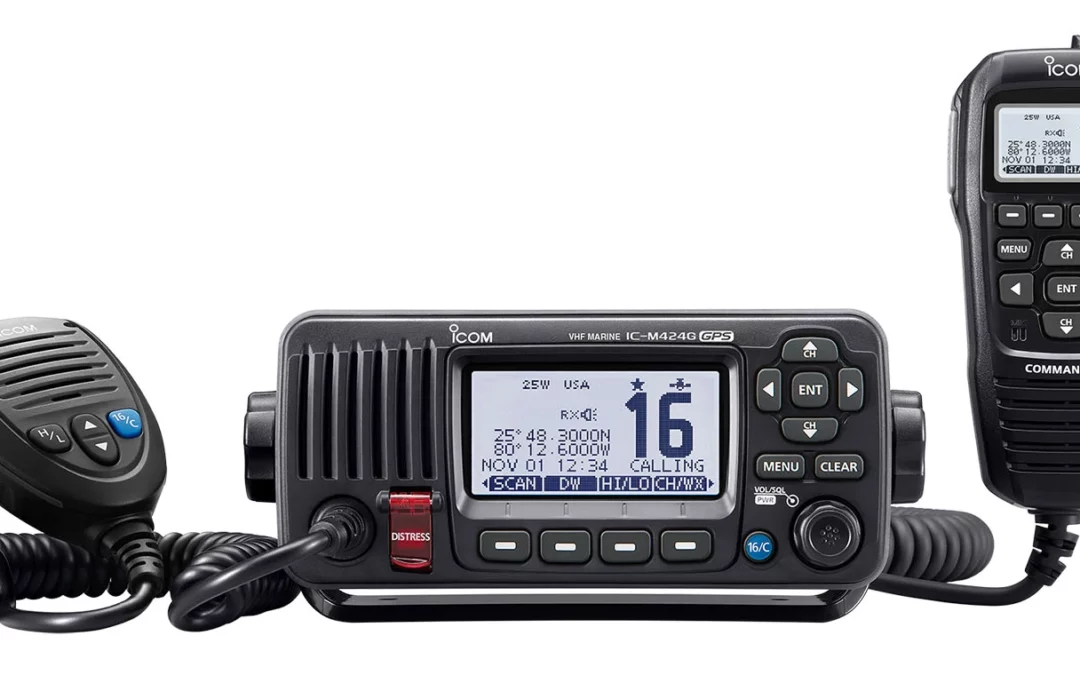

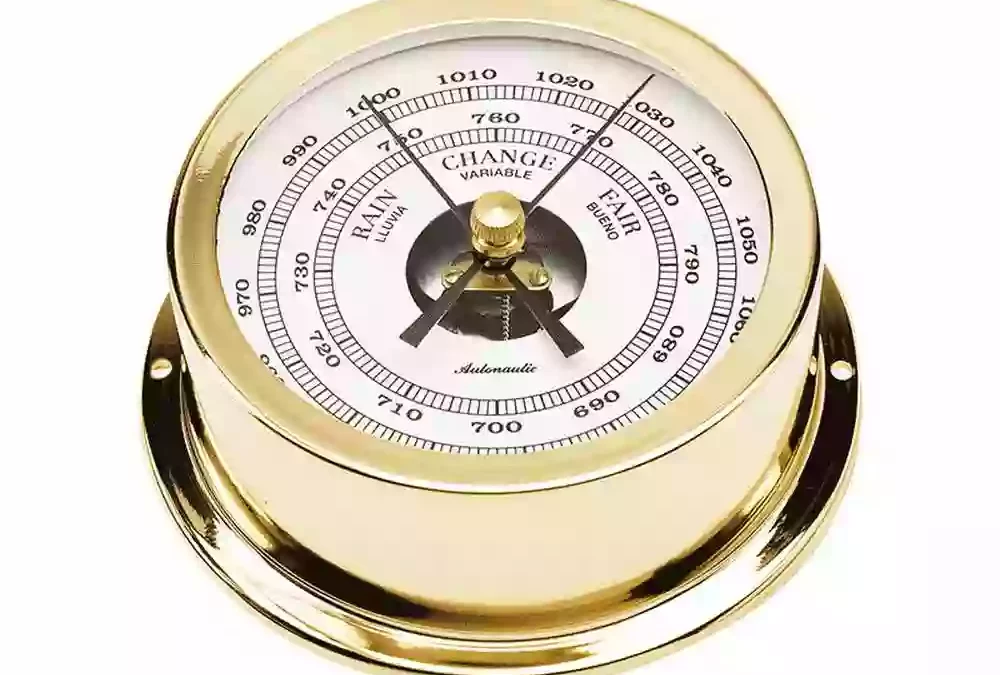
0 Comments